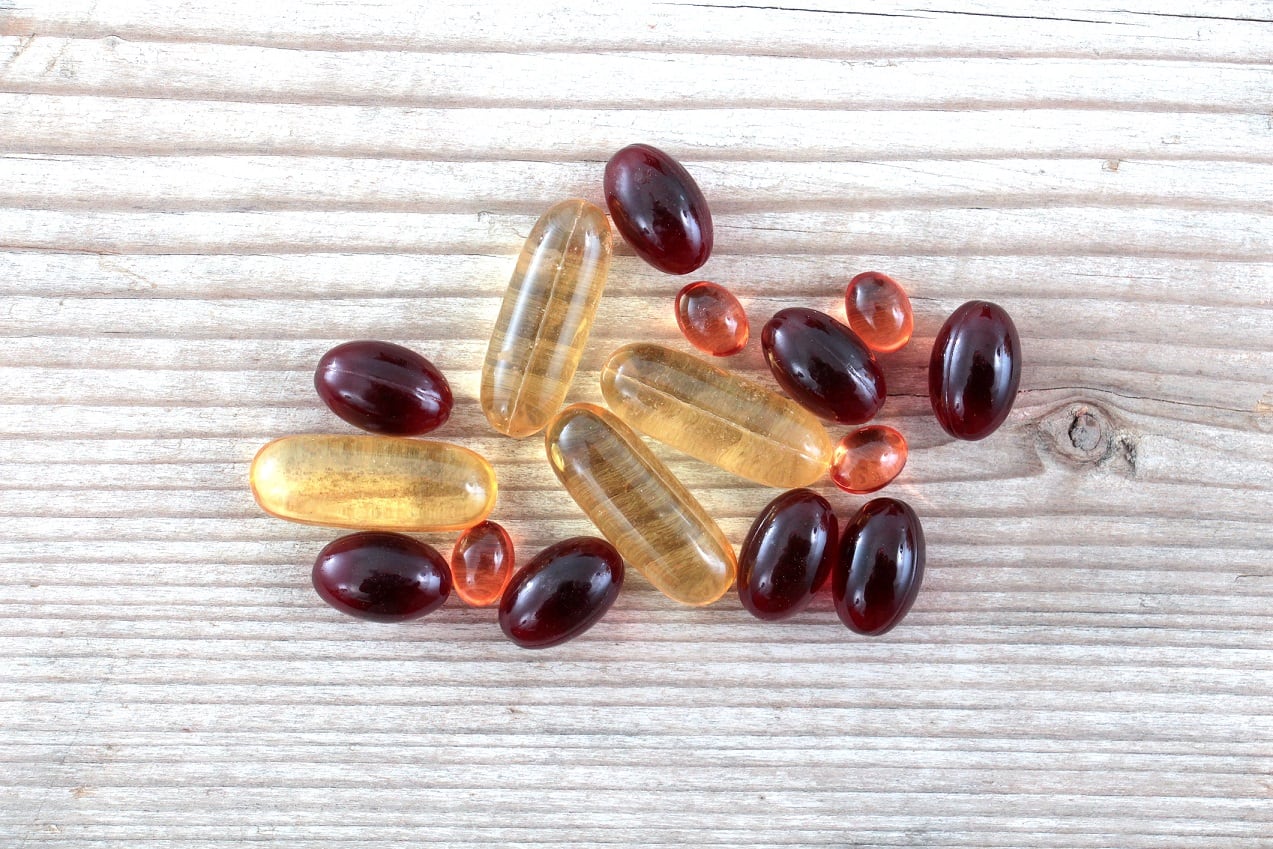One of the continual frustrations advocates of dietary supplements have is the relative lack of engagement on the part of physicians in recommending these products. This is especially galling in the cases where there is demonstrated benefit, such as with prenatal DHA supplementation.
Nutrition education an afterthought for MDs
Until quite recently, physicians received very little in the way of nutrition education. Physicians who are 40 or older often observe that their total training in this area amounted to a few hours, over a course of study that extends five years or more.
Add to that their allegiance to the double blind, randomized placebo controlled study model and you can see how this situation developed, in which dietary supplements serve to raise eyebrows in the medical community and little else.
Many dietary supplement product categories have among their origins a traditional history of use, such as for many botanical ingredients. This smacks of superstition among doctors who receive standard training.
Or there is might be an epidemiological foundation story, as was the case with omega-3s. The first research in this area compared the health outcomes of native Greenlanders eating a traditional diet (lots of fish), with those who had moved to Denmark, where they were eating what their Danish neighbors ate. The Greenlanders who ate lots of fish had very little cardiovascular disease. Those who ate a Danish diet tended to have heart trouble at about the same rate as ethnic Danes.
Narrow focus on RCTs
As persuasive as this is, it is the sort of evidence that seems to fall on deaf ears in the medical community. Physicians are trained to cleave to the kind of evidence that comes out of multi phase, multi center drug trials. While this is still considered the “gold standard” (whatever that means in this era of debased coinage), it is impractical for the developers of ingredients based on natural substances who cannot, for the most part, patent their products. While there is ever greater investment in this space, no one is lining up to put up $500 million to develop the next dietary supplement ingredient. Not to mention the fact that not all experts agree that RCTs are the way to go in nutrition research.
That emphatically does not mean that these products don’t work. But it is true that they don’t work in the same way as do drugs, which often affect a single, or a very few, metabolic pathways. Rather than striking the cue ball, like a drug might, dietary supplements work more in the way of subtly tilting the table, so that the balls roll more easily in the desired direction.
New research on DHA and pregnancy
Even with these modulated effects, some dietary supplement ingredients, such as omega-3s, have shown remarkable results. In the area of prenatal development and early childhood development the evidence is strong and getting stronger.
Just this year, a new study, one of the medical community’s hallowed RCTs, showed that a daily 2.4 gram dose of EPA and DHA could extend pregnancy by an average of 2 days, resulting in bigger, healthier babies. That built on earlier results from a study called KUDOS (Kansas University DHA Outcomes Study) that was released in 2016 that showed that omega-3s supplementation resulted in significant reductions in early preterm birth, with the result of a potential $6 billion savings to the US healthcare system.
Add to those results the release of a Cochrane Review paper in November. That review of more than 70 controlled trials found that supplementation with DHA and EPA cut the risk of early preterm (less than 34 weeks) birth by 42%, cut the risk of a preterm birth (34 to 37 weeks) by 11% and reduced by 10% the risk of having a small baby (less than 2,500 grams).
In addition, there is now a validated, low cost, minimally invasive test that gives a mother information on her DHA level. The test would add $50 to the cost of prenatal care, but potentially provides thousands of dollars in savings if an early preterm birth can be prevented.
The situation for DHA in pregnancy now would seem to approach that of folate, which has a demonstrated role in helping to prevent neural tube defects.
“With folate we fortified our food because we were so convinced by the evidence. This is not to that level yet. But we are hoping that this blood test can help practitioners get an idea of where women are and at least motivate them to meet recommendations,” said Kristina Jackson, PhD, who helped develop the test marketed by OmegaQuant.
Getting the word to consumers
So, how to elevate this recommendation from a “would be nice” to a “must have?” Trade group GOED, or the Global Organization of EPA and DHA Omega-3s, plans to ramp up its practitioner outreach which ultimately will reach consumers.
Connecting directly with consumer influencers, such as mommy bloggers and the like, could help, too. Drug companies do this all the time. All those ads for drugs you see on TV? Those are meant to motivate consumers to put a bug in their doctors’ ears. Why not a “Ask your obstetrician about DHA” type of campaign?




